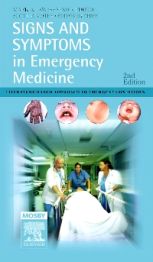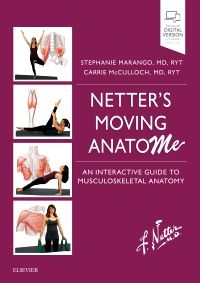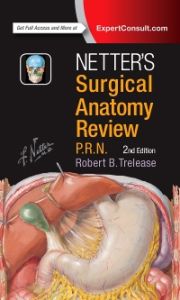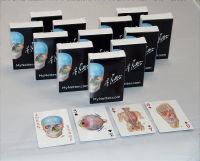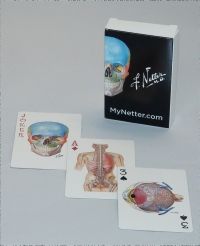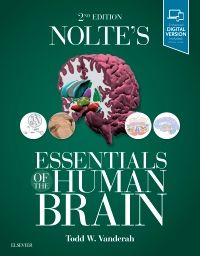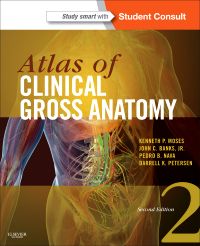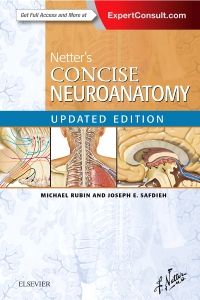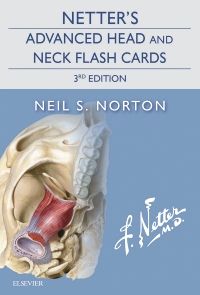Current and concise, the updated and revised 2nd Edition of this pocket-sized reference reflects the substantial changes shaping the evaluation and treatment of many emergency conditions today. Its unique "signs and symptoms" approach offers the quickest possible way to diagnose critical conditions in an emergency situation. Organized around presenting symptoms, it can be used in real time to answer patient care questions. Diagnoses are listed in order of their severity in each chapter, with the symptoms, signs, suggested workup, and patient disposition given for each diagnosis.
New to this edition
- Includes new chapters on emergency situations involving biological, chemical, and radiation terrorism • chapters devoted to the challenges presented by patients with AIDS and those with organ transplants • two chapters on environmental emergencies • one chapter examining heat illness, hypothermia, and submersion injury • and a chapter on envenomations.
- Features expanded “Treatment Considerations sections.
Key Features
- Uses a symptom-based approach for quick diagnosis.
- Features an outline format for real-time reference.
- Focuses on the 200 conditions most frequently encountered in the emergency room.
- Presents a useful tool for evaluating the likelihood that a specific symptom - or symptoms - denotes a particular disease, and allows the reader to initiate an appropriate treatment.
Author Information
By Mark A. Davis, MD, MS, Director, Institute for International Emergency Medicine and Health, Brigham and Women's Hospital, Department of Emergency Medicine, Harvard Medical School, Boston, MA; Scott R. Votey, MD, Assiatant Dean for Medical Education and Professor of Clinical Medicine, UCLA School of Medicine, Los Angeles, CA
1. Abdominal Pain
2. Agitation and Psychosis
3. AIDS
4. The Alcoholic Patient
5. Back Pain, Lower
6. Back Pain, Upper
7. Biological Terrorism
8. Bleeding
9. Chemical Terrorism
10. Chest Pain
11. Dizziness (Vertigo)
12. Ear Pain
13. Envenomations
14. Extremity Pain and Numbness
15. Eye Pain and Redness
16. Fever (Elevated Temperature)
17. Fever in Children Under 2 Years of Age
18. Fractures Not to Miss
19. Headache
20. Heat Illness, Hypothermia, and Submersion Injury
21. Hypotension
22. The Irritable Child and Vomiting
23. Jaundice
24. Joint Pain
25. Limping Child/Child Won’t Walk
26. Mental Status Change and Coma
27. Neck Pain and Stiffness
28. Organ Transplantation
29. Palpitations and Tachycardia
30. Radiation Terrorism
31. Rash
32. Scrotal Pain
33. Seizure, Adult
34. Seizure, Pediatric
35. Shortness of Breath
36. Sore Throat
37. Syncope and Near-Syncope
38. Toxic Ingestion, Approach to
39. Trauma and Burns, Approach to
40. Vaginal Bleeding
41. Vision, Change in
42. Weakness and Fatigue
Appendixes
A. World Wide Web Resources and Decision Support
B. Emergency Drug Treatments
C. Pediatric Emergency References and Defibrillation and Cardioversion
Code Blue “Unstable/Stable Reference Card




